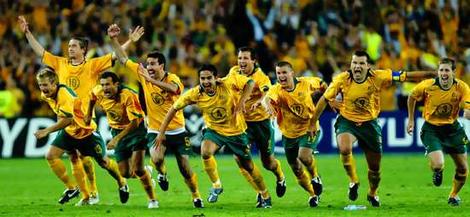It used to be just the US that was turning Orwellian with its Patriot Act, but now Europe is to follow suit. The European Parliament has just passed the Data Retention Directive which requires phone and internet usage records to be kept for a specified period of time. The bill was originally aimed at providing data to help track/crack terrorism, and access to the data was supposed to be severly restricted. However, the final version has all those safeguards removed and even the fucking recording industry can get access to it to try and find illegal downloaders!
The average European citizen will be subject to constant tracking of everything he does electronically, including web browsing habits, travel patterns, phone calls placed and received, and emails and SMS messages sent and received. The logs won’t be required to keep the contents of messages and calls, but the invasion of privacy is blatant nonetheless, especially since log access can be requested for investigation of pretty much any crime with little prior evidence required. Combined with upcoming legislation that could newly make certain instances of copyright infringement a prosecutable criminal offense, it looks like civil rights should be put on the endangered species list back east.Is it just me or does anyone else think things are getting a bit out of hand? Sure, 9/11 was a tragedy but Malaria kills 1.3 million people a year and 42,636 people died in US car accidents in 2004! We’re running around spending billions of dollars, spying on ourselves and curtailing long-held freedoms to fight a threat which kills less than 1,000 people per year! It’s about time we got our fucking priorities straight.
